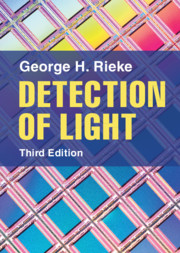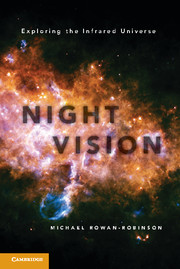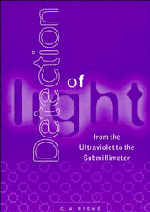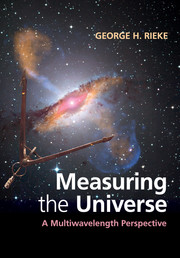Detection of Light
The invention and development of advanced methods to detect light underlies much of modern technology. This fully updated and restructured third edition is unique amongst the literature, providing a comprehensive, uniform discussion of a broad range of detection approaches. The material is accessible to a broad range of readers rather than just highly trained specialists, beginning with first principles and developing the relevant physics as it goes. The book emphasizes physical understanding of detector operation, without being a catalog of current examples. It is self-contained but also provides a bridge to more specialized works on specific approaches; each chapter points readers toward the relevant literature. This will provide a broad and lasting understanding of the methods for detecting light that underpin so much of our technology. The book is suitable for advanced undergraduate and graduate students, and will provide a valuable reference for professionals across physics and engineering disciplines.
- A broad and uniform discussion of approaches to photon detection providing a consistent overview of the features, strengths and weaknesses of each detector type
- Begins with simple physics principles so that readers from a diverse range of fields and backgrounds will find the book useful
- Emphasis is placed on the physics of detector operation, not just current examples, for a broad and lasting understanding of detectors even when new and improved versions become available
Reviews & endorsements
'The book introduces the detection of light and is designed to be accessible to a broad range of readers rather than just highly trained specialists … is an ideal read for master's and Ph.D. students in astronomical instrumentation.' Silvano Donati, Optics & Photonics News
'The book is increased in breadth from earlier editions, and now covers the vast majority of the electromagnetic spectrum, from millimetre wavelengths to X-rays … it is undoubtedly authoritative, as expected from a leading practising expert in the field … underlying physics is explained at just the right depth required to understand each type of detector … [and] it gets beyond simplistic, generic descriptions to explain how and why real-world detectors have been refined in design, clarifying the strengths and weaknesses of each modification or increased layer of sophistication … the book could be usefully purchased as 'technical backup' by those involved in teaching, say, observational astronomy. It is also pitched at just the right level for masterslevel or postgraduate students pursuing work involving the development of astronomical instrumentation, or indeed any area of physics involving photon detection.' James S. Dunlop, The Observatory
Product details
May 2021Hardback
9781107124141
450 pages
175 × 250 × 25 mm
0.83kg
Available
Table of Contents
- Preface
- 1. Introduction
- 2. Photo-detector basics
- 3. Infrared (and optical) photodetectors
- 4. Amplifiers, readouts, and arrays
- 5. Charge coupled devices
- 6. Other photodetectors
- 7. Superconducting detectors
- 8. Bolometers
- 9. Visible and IR coherent receivers
- 10. Submm- and Mm-wave heterodyne receivers
- Appendices
- Index.






